Have you ever tried to win over a cat’s heart, only to be met with a suspicious squint or a tail flick? It’s almost as if cats are playing a mysterious, ancient game of trust that humans are desperate to win. The truth is, cats don’t give their affection away easily—and that’s exactly what makes their loyalty so precious and rewarding. While some find this aloofness frustrating, there’s something magical about earning the love of a creature who chooses you, slowly and thoughtfully. Let’s unravel the secrets behind why cats take their time to bond, and why this patience is actually a wonderful thing for both you and your feline friend.
Cats Are Born Cautious

From the very first days of their lives, cats are wired to be cautious. Unlike puppies, who often tumble over themselves to greet new people, kittens watch from the shadows, surveying the world before making a move. This caution isn’t a flaw; it’s a survival mechanism that comes from their wild ancestors. A cat’s hesitance around new situations or people isn’t just shyness—it’s their way of ensuring safety. This careful approach helps them avoid danger and gives them time to assess if you’re friend or foe. So, if your cat is slow to warm up, remember—they’re simply being wise.
Every Cat Has Its Own Personality

Just like people, cats are individuals with their own quirks and temperaments. Some are bold explorers, while others are gentle homebodies. Even within the same litter, personality differences can be dramatic. This means some cats might bond quickly, while others need more time and space. Understanding this helps you set realistic expectations. Rather than being disappointed by a cautious cat, you can learn to appreciate the journey of slowly building trust, one purr at a time.
Past Experiences Shape Their Trust

A cat’s history plays a huge role in how quickly they bond. Cats who have faced trauma or neglect may carry emotional scars that make trust difficult. Even small changes, like moving to a new home, can leave them feeling anxious. Gaining a rescue cat’s trust can take weeks or even months, but every small victory—a head bump, a gentle paw touch—feels monumental. Patience and understanding are key, and every step forward is a testament to your growing bond.
Independence Is in Their DNA

Cats are natural-born loners. Unlike dogs, who evolved as pack animals, cats have always been solitary hunters. This independence means they’re not wired to seek out constant companionship. Instead, they value their alone time and may come to you only when they feel comfortable. This self-sufficiency is both charming and challenging. When a cat chooses your lap over solitude, it’s a genuine sign of trust and affection—one that feels hard-earned and deeply meaningful.
Body Language: The Silent Conversation
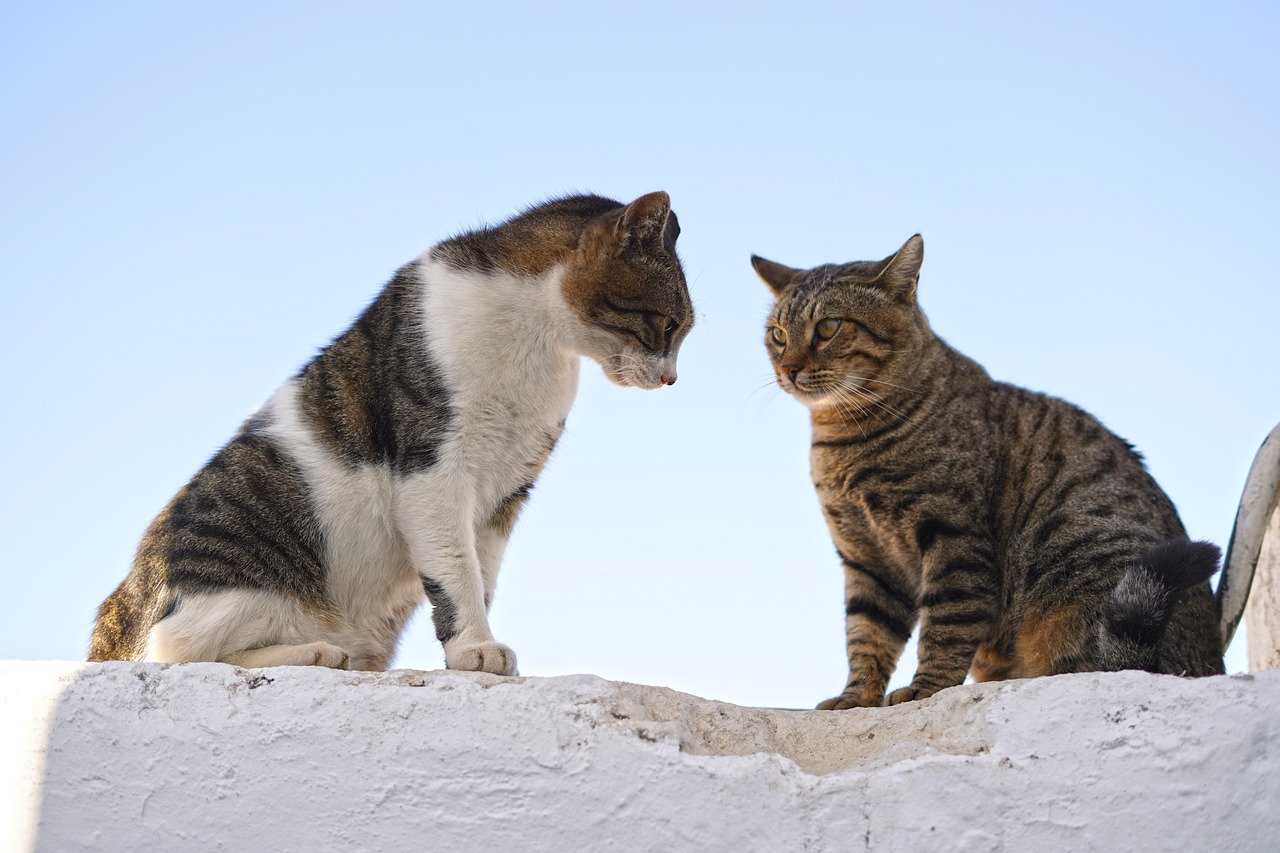
Cats speak volumes without ever saying a word. Their body language is subtle and complex, with every tail flick and ear twitch telling a story. Learning to read these signals is crucial for building trust. A slow blink, for example, is like a cat’s way of saying “I trust you.” Respecting their signals—like giving space when they turn away—shows your cat that you’re listening, even if you’re not speaking the same language. Over time, these silent conversations create a foundation of understanding.
Slow Introductions Build Security
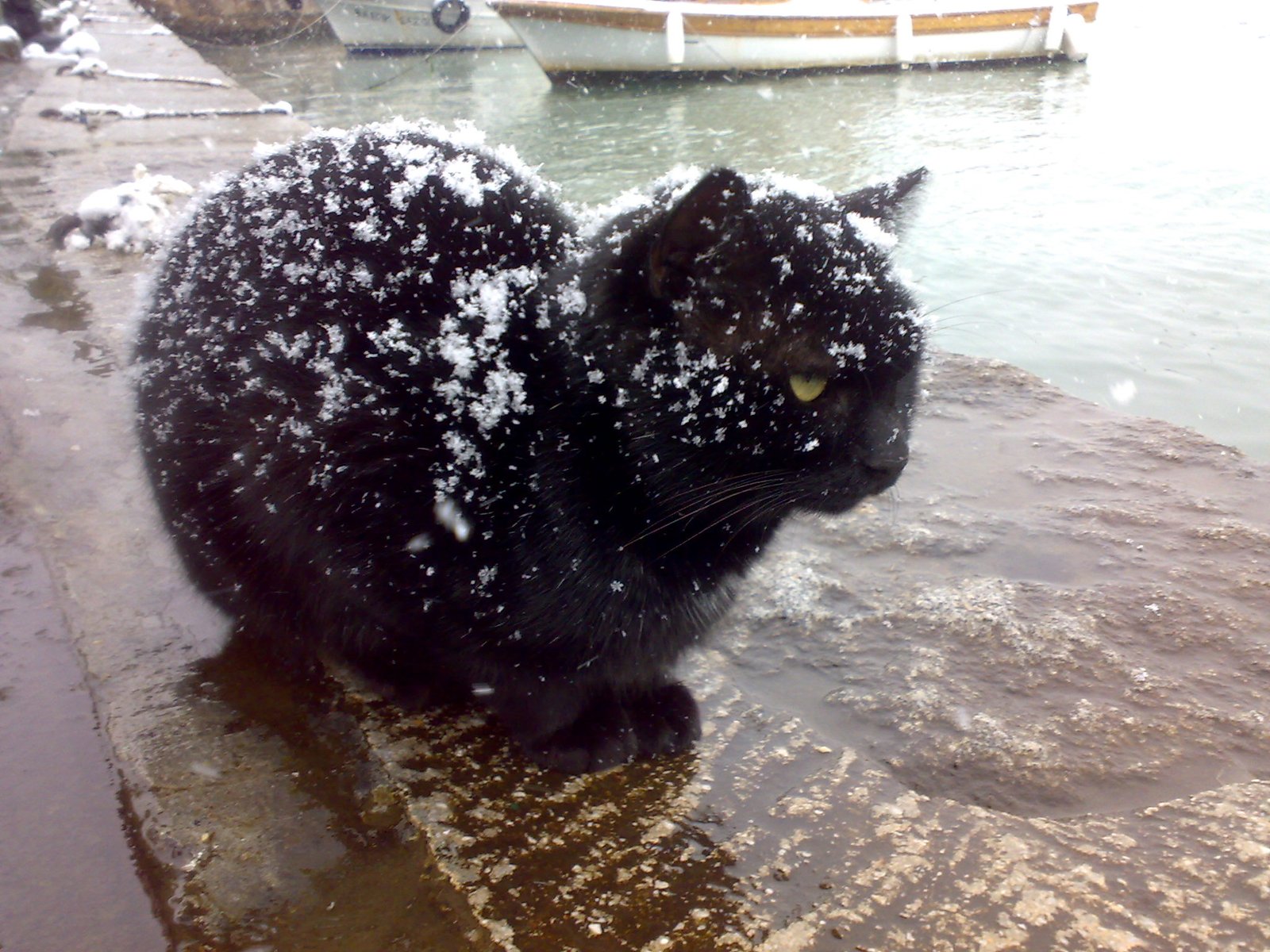
Cats don’t like to be rushed. When meeting new people, animals, or environments, they need time to adjust. Forcing interactions can backfire, making your cat more wary. Instead, let your cat approach on their own terms. Offer treats, toys, and a safe space to retreat. By letting them set the pace, you show respect for their boundaries. This patience makes your home feel like a sanctuary, encouraging your cat to slowly open up.
Routine Offers Comfort

Cats find comfort in predictability. A regular feeding schedule, familiar scents, and a cozy bed can make all the difference. When cats know what to expect, they feel more secure and are more likely to relax around you. Sudden changes—like loud noises or new furniture—can make them retreat, so consistency is key. By creating a calm and predictable environment, you’re laying the groundwork for a lasting bond.
Playtime Builds Connection

Play is more than just fun for cats—it’s a vital part of their emotional development. Engaging in regular play sessions mimics the hunt and helps burn off nervous energy. Toys like feather wands or laser pointers allow your cat to interact with you in a safe, enjoyable way. Over time, these shared experiences foster trust and create happy memories. Plus, nothing beats the joy of watching your cat’s eyes light up during a game of chase.
Positive Reinforcement Wins Hearts
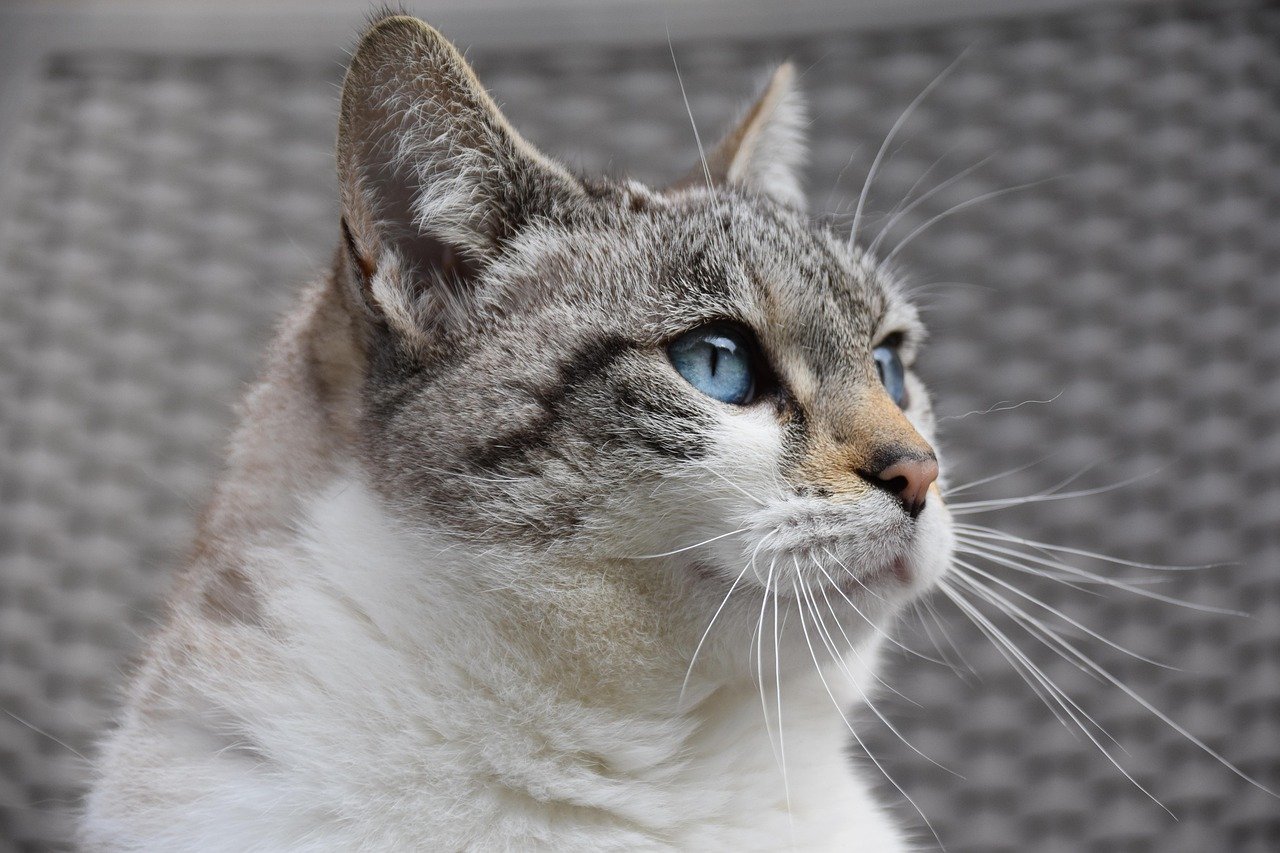
Cats respond best to kindness and patience, not force. Using treats, praise, and gentle affection helps reinforce good behavior and makes your cat associate you with positive experiences. If your cat comes out from hiding or lets you pet them, reward them with a tasty snack or a soft voice. Over time, these small gestures build up, showing your cat that you’re a source of joy rather than threat.
Respecting Boundaries Is Crucial

One of the quickest ways to lose a cat’s trust is by ignoring their boundaries. Picking up a cat who isn’t ready or forcing cuddles can make them retreat even further. Instead, let your cat come to you. Sit quietly nearby, read a book, or simply exist in their space. When your cat finally chooses to approach, the moment feels all the more special. Respect is the cornerstone of a strong feline bond.
Trust Is Built Over Time
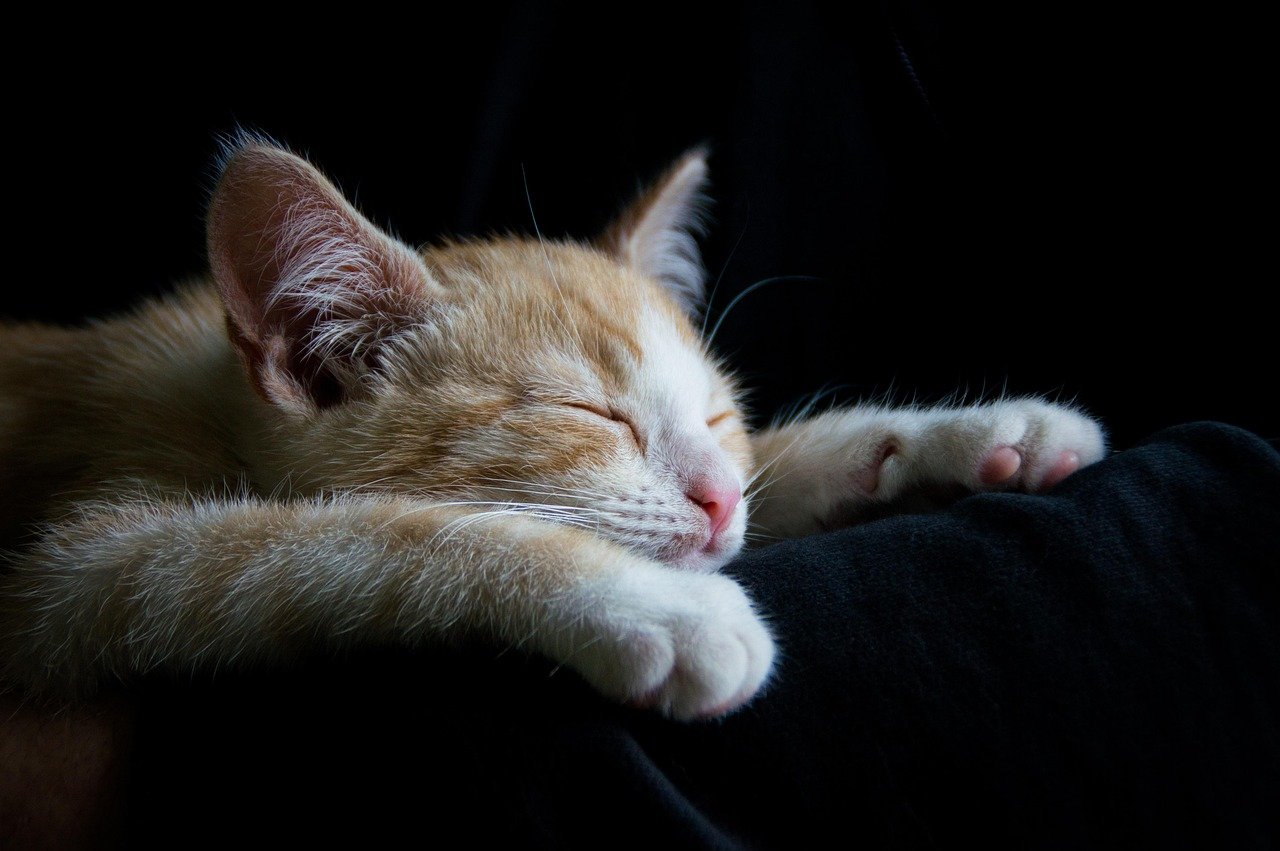
Building a relationship with a cat is a marathon, not a sprint. Some cats might take days to feel at home, while others need months. It’s important to celebrate the small milestones—like the first time they nap nearby or accept a treat from your hand. These moments, though tiny, are big leaps in the world of cat trust. With each passing day, your patience is rewarded with deeper connection and affection.
Affection Looks Different in Cats

Not all cats show love the same way. Some will curl up in your lap, while others express affection with a gentle head butt or a soft purr. Even following you from room to room can be a sign of devotion. Learning to recognize your cat’s unique way of showing love helps you appreciate the bond you share. It’s a silent, subtle love story—one that unfolds in whiskers and quiet glances.
The Role of Scent in Bonding

Cats rely heavily on scent to understand their world. When a cat rubs against you, they’re marking you as “safe” and “familiar.” This scent exchange is a huge part of bonding. Leaving a piece of your clothing near their bed or gently rubbing them with a soft cloth can help them feel more connected to you. Over time, your scent becomes a source of comfort, deepening your bond.
Patience Teaches Us Empathy
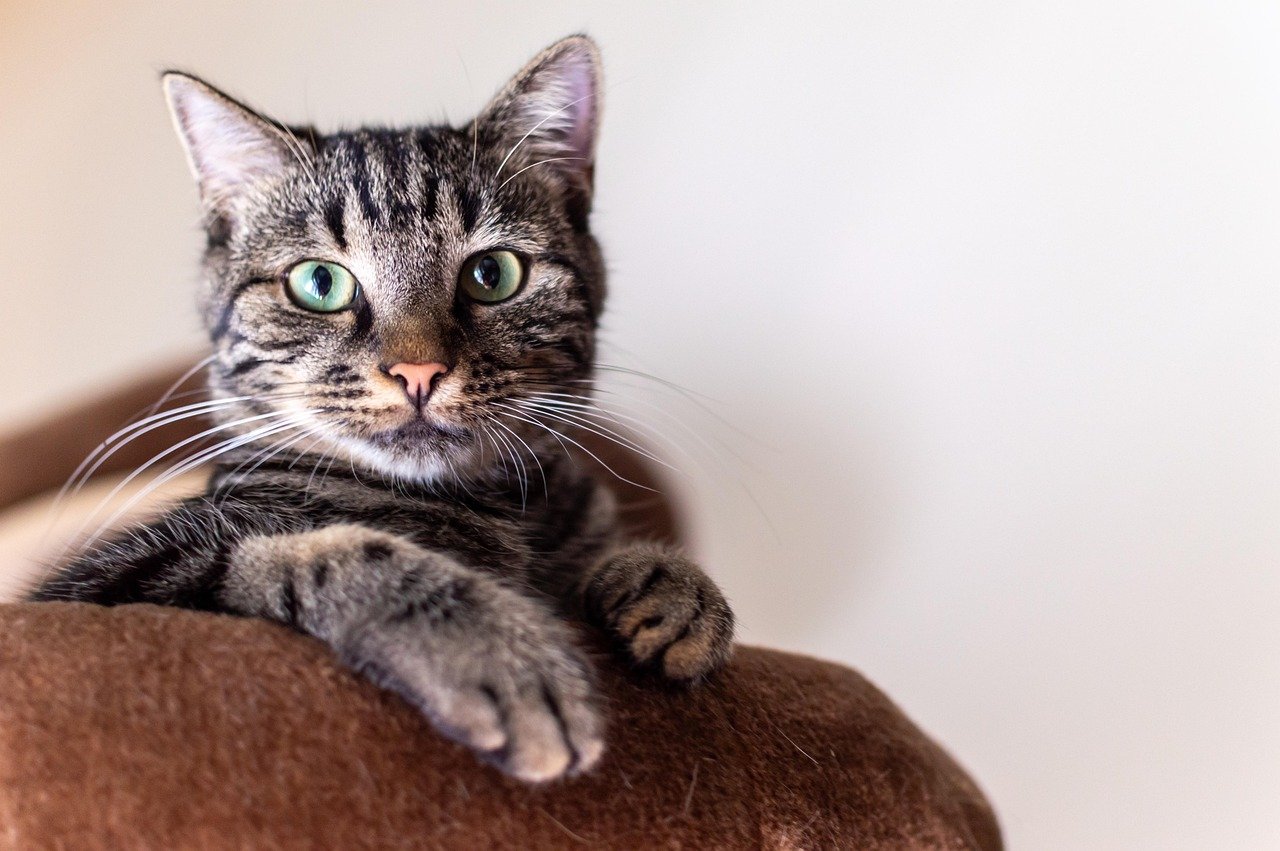
Waiting for a cat to trust you isn’t always easy, but it teaches valuable lessons in empathy and understanding. You learn to see the world through their eyes, to appreciate their fears and respect their pace. This patience transforms you into a better, more compassionate pet parent. And when your cat finally chooses you, the sense of accomplishment is unlike anything else.
Quiet Moments Matter Most

Sometimes, the most meaningful connections are made in silence. Sitting quietly with your cat, sharing a peaceful moment, can be more powerful than any grand gesture. These quiet moments help your cat realize that you’re a safe, calming presence in their life. Over time, they’ll seek you out for comfort during thunderstorms or after a stressful day. It’s in these silent exchanges that the deepest bonds are formed.
Why Slow Bonding Means Lasting Loyalty

When a cat finally decides to trust you, their loyalty runs deep. Unlike fleeting puppy love, a cat’s affection is hard-won and long-lasting. Once you’ve earned their trust, it’s rarely broken. This makes every purr, every cuddle, and every slow blink feel like a badge of honor. The journey may be slow, but the destination—a loyal, loving relationship—is worth every moment of patience.
Handling Setbacks with Grace

Bonding isn’t always a straight path. Sometimes, setbacks happen—a loud noise, a new pet, or a trip to the vet can make your cat retreat. It’s important not to take these regressions personally. Instead, return to basics: offer patience, kindness, and a safe space. With time, most cats bounce back, and your relationship can become even stronger after overcoming challenges together.
The Joy of Earning a Cat’s Trust

There’s something truly exhilarating about earning a cat’s trust. It feels a bit like being picked for an exclusive club—one that requires patience, respect, and a gentle heart. When your cat finally curls up beside you or greets you with a chirp, it’s a moment to cherish. These victories are sweeter precisely because they’re hard-won. For many cat lovers, that’s the greatest reward of all.
Bonding Benefits Both Cat and Human

The process of bonding doesn’t just benefit your cat—it’s great for you, too. Studies show that spending time with cats can reduce stress, lower blood pressure, and bring joy into your daily life. At the same time, a bonded cat feels safer, happier, and more confident in their environment. It’s a win-win, creating a special partnership that enriches both your lives.
Celebrating the Little Victories
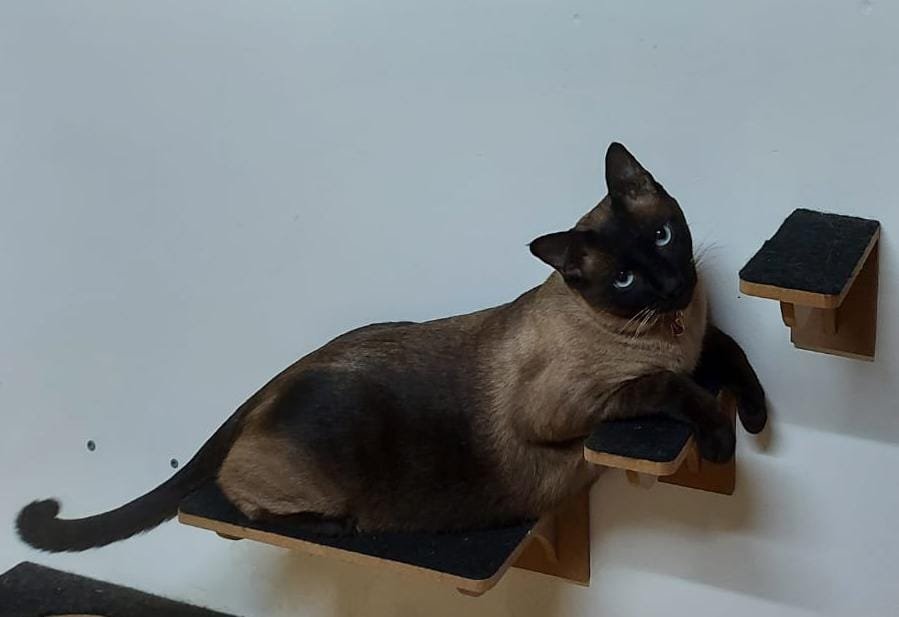
Every cat is a puzzle, and every step forward is worth celebrating. Maybe your shy cat finally accepts a treat from your hand, or perhaps they purr softly during a brushing session. These are the moments that make the journey worthwhile. Instead of focusing on how long it takes, savor each tiny victory along the way. In the end, it’s these little wins that build a love story for the ages.
Hi, I’m Bola, a passionate writer and creative strategist with a knack for crafting compelling content that educates, inspires, and connects. Over the years, I’ve honed my skills across various writing fields, including content creation, copywriting, online course development, and video scriptwriting.
When I’m not at my desk, you’ll find me exploring new ideas, reading books, or brainstorming creative ways to solve challenges. I believe that words have the power to transform, and I’m here to help you leverage that power for success.
Thanks for stopping by, Keep coming to this website to checkout new articles form me. You’d always love it!






